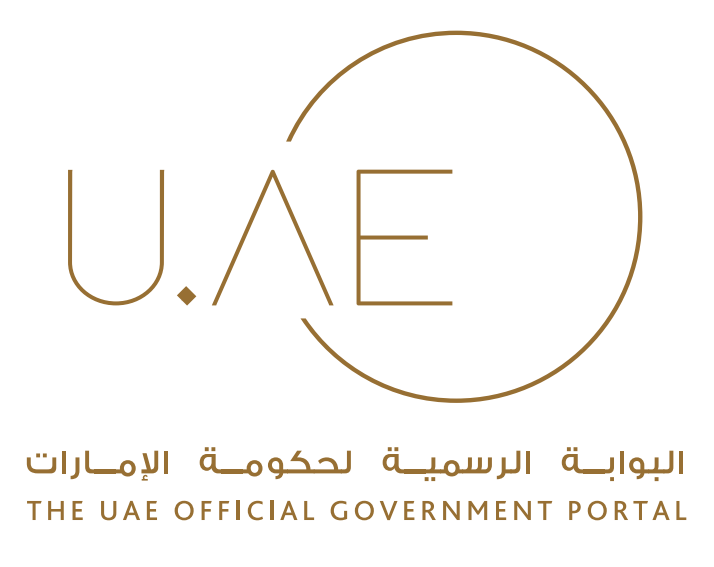His Excellency Mattar Al Tayer, Director-General, Chairman of the Board of Executive Directors of the Roads and Transport Authority (RTA) confirmed that the use of advanced technology and artificial intelligence had contributed to improving the public bus service and its operational efficiency.
Al Tayer noted that the Remote Bus Performance Monitoring Centre had also contributed to reducing fuel consumption and faults by 5 to 10%. Moreover, the City Brain system is expected to increase the bus ridership by as much as 17%.
Al Tayer revealed a plan for qualifying fresh Emirati graduates through technical and practical training to groom them to take over future positions in the Maintenance and Services Department under a programme of 11 pathways running over 22 months. The training aims to uplift the supervisory, administrative, and technical skills of inductees to familiarise them with the specialist job nature of the department.
Al Tayer made these statements during a meeting with Public Transport Agency team. He reviewed the operational results of the Remote Bus Performance Monitoring Centre at Al Quoz Bus Depot run in collaboration with FAMCO. The centre tracks and monitors the performance and efficiency of about 373 Volvo buses in real-time using a telematics system fitted to the new buses to enhance the operational processes and support the maintenance procedures.
The system contains 47 types of notifications that cover the mechanical aspects of the bus, fuel consumption per kilometre and the condition of the onboard safety systems. The results of the initial operational phase revealed that the system had reduced fuel consumption by 5%, bus faults during journeys by 10%, and customer complaints from drivers by 15%. The system had also supported the planning for the periodic and preventive maintenance of buses, improved the assessment of drivers’ efficiency, enhanced the road safety levels, and increased customers’ happiness ratings. The Agency intends to expand the scope of the system to include 316 additional buses.
During the meeting, a presentation was made featuring the City Brain system for developing the public transport network planning, which RTA intends to implement this year in cooperation with Alibaba. The system, which is meant for managing urban traffic systems, uses artificial intelligence and advanced algorithm to analyse a massive number of big data captured from nol cards, buses and taxis in operation as well as the Enterprise Command and Control Centre. Then it converts the data into information useful in sending instant notifications about the revised bus schedules and routes. The system is expected to improve the bus ridership by 17%, reduce the average waiting time by 10%, and shorten the journey time and the average bus use by 5%.
Al Tayer stressed that RTA would continue to roll out public transport projects and integrated infrastructure and facilities to provide smooth services to riders and promote the welfare and happiness of residents.
RTA has recently opened six new public bus stations namely Al Ghubaiba, Al Jaffiliya, Etisalat, Union, Oud Maitha, and Al Satwa. Al Ghubaiba Bus Station is comprised of six buildings spanning an area of 2,452 square metres and can serve 15,000 riders per day. Al Jaffiliya Bus Station has a bus terminal and a multi-storey building consisting of a ground floor, two floors and a rooftop for parking vehicles. The station has a total built-up area of 19,000 square meters and a capacity of 7000 riders per day. The Union Bus Station in Deira is comprised of three buildings over an area of 2,180 square meters with a capacity of 7,500 riders per day. The bus station attached to Etisalat Metro Station consists of a building of a ground floor and a mezzanine floor, with an area of 708 square meters, and a capacity of 4,500 riders per day.
Oud Metha Bus Station covers an area of 9,640 square metres and consists of a ground floor, three floors and a rooftop for car parking, and has a design compatible with the public transportation system in the area. The number of riders using the station is expected to rise in future to 10,000 riders per day. The station has 9 slots for operational buses, 11 parking spaces for standby buses, 350 car parks, and racks for 23 bikes.
Al Satwa Bus Station spans an area of 11,912 square metres and consists of a ground floor, one floor and a rooftop for car parking. Currently, the station can accommodate 7,800 riders per day, and the number is expected to exceed 15,000 riders per day. The station has 15 slots for operational buses, and 14 slots for standby buses, 227 car parks, in addition to various facilities for providing integrated passenger services.




.jpg?cx=0&cy=0&cw=370&ch=223&hash=8186417E08FA5396ACD701AEF9D9E1E8)




 For an optimal experience please
For an optimal experience please